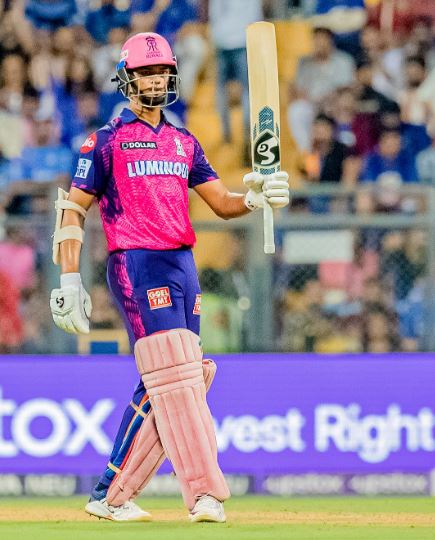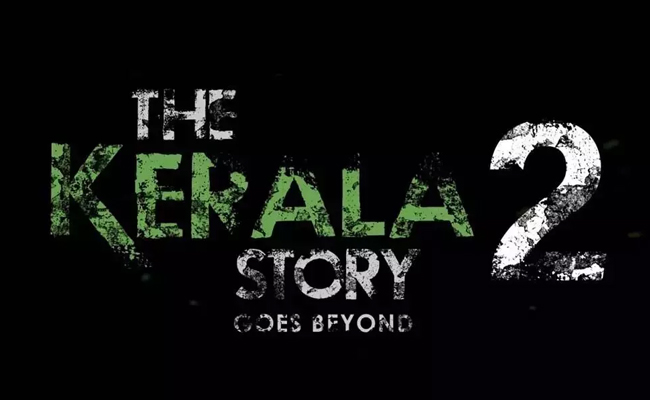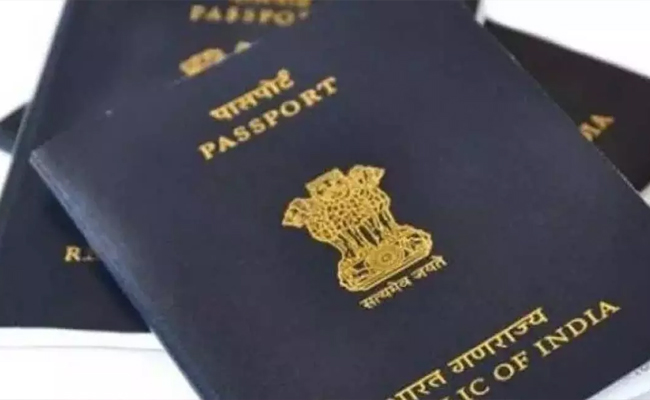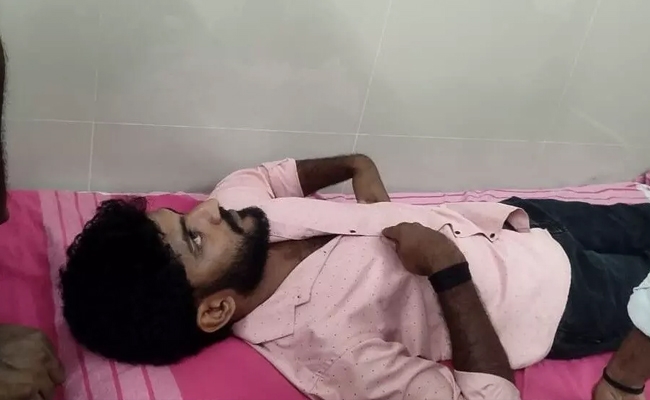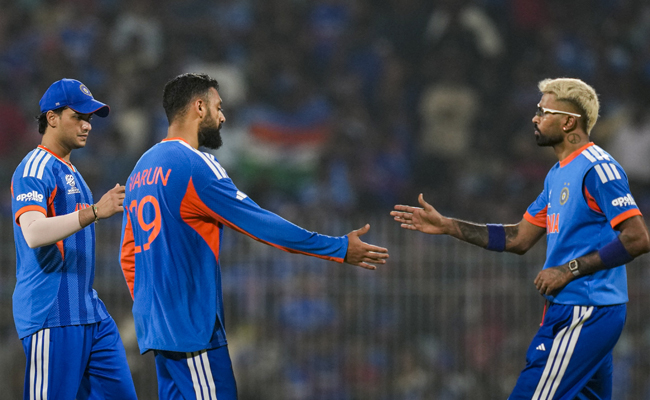Mumbai, Apr 30: Young opener Yashasvi Jaiswal cracked a fine century and shared a vital 72-run partnership with skipper Jos Buttler as Rajasthan Royals posted a mammoth 212 for seven in their Indian Premier League match against Mumbai Indians here on Sunday.
Let the Truth be known. If you read VB and like VB, please be a VB Supporter and Help us deliver the Truth to one and all.
Thiruvanthapuram: Amid the uproar over ‘The Kerala Story 2‘and allegations that the film wrongly portrays Kerala, an analysis by The News Minute has presented claims that contradict the narrative shown in the movie.
In a teaser released by the filmmakers, the film depicts several Hindu women being converted to Islam.
However, TNM’s analysis of Kerala Gazette records shows a different trend.
According to the report, Hinduism has attracted the highest number of converts in the state, followed by Islam and Christianity, offering a data-based view of religious conversion patterns in Kerala.
The plot of the upcoming film ‘The Kerala Story 2’ revolves around a two-decade-old conspiracy theory alleging a jihadist scheme to marry Hindu women and convert them to Islam. The film’s release has been stayed by the Kerala High Court on Thursday, the movie was supposed to release on Friday, February 27.
The first film, released in 2023, claimed that 32,000 women had been converted by jihadists in Kerala. That claim was later questioned by the Supreme Court of India, which pulled up the makers for using fake data.
Despite the premise of the sequel remaining the same, the producers have claimed that this time they spent seven months conducting “research.”
The TNM team stated in its report that for several months they researched religious conversions in Kerala and uncovered what they described as significant facts.
According to the report, Hinduism has been attracting the largest number of converts in the state, more than Christianity or Islam.
An earlier TNM report in the same series had pointed to the existence of a statewide network of Hindutva groups, including the Vishva Hindu Parishad, which focuses on converting Dalits to Hinduism.
The News Minute in its report mentioned that their team went through more than 10,000 pages of the Kerala Gazette and found that 365 Keralites converted to Hinduism between January and December 2024.
Of these, 262 were Dalit Christians and Muslims. The report stated that many among them were induced by the promise of securing Scheduled Caste status after conversion to Hinduism.
Who has converted to which religion ?
According to the published figures in the state gazette, according to The News Minute, conversions to Islam included 276 people who moved from Hinduism to Islam, comprising 154 women and 122 men. In addition, 67 people converted from Christianity to Islam, of whom 42 were women and 25 were men. Taken together, a total of 343 people converted to Islam during the period.
Meanwhile, conversions to Hinduism accounted for 329 people who moved from Christianity to Hinduism, including 180 women and 149 men. Another 36 people converted from Islam to Hinduism, with 24 women and 12 men. In total, 365 people converted to Hinduism.
In Christianity 234 people shifted from Hinduism to Christianity, comprising 130 women and 104 men. A further 21 people converted from Islam to Christianity, including 13 women and 8 men. Altogether, the total number of people who converted to Christianity stood at 255 .

